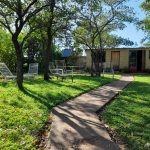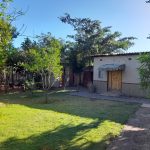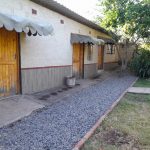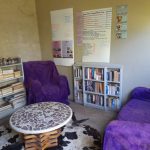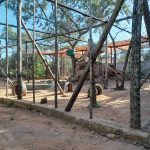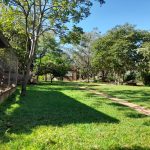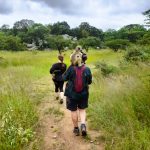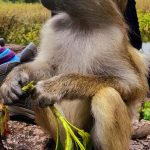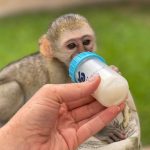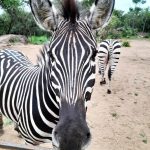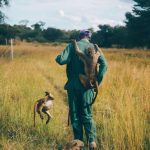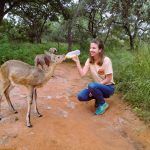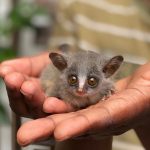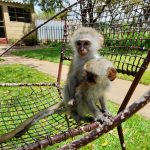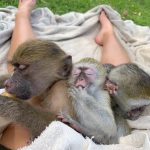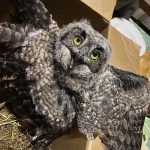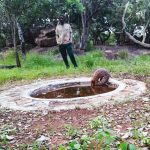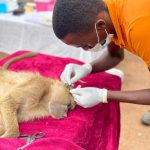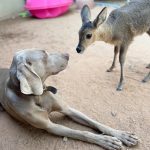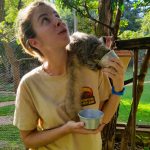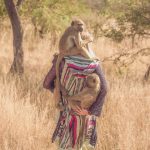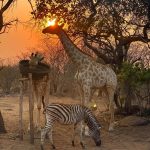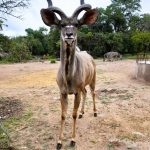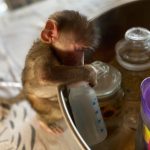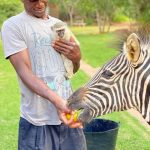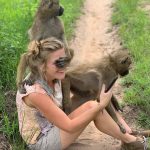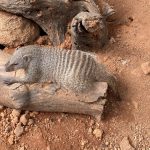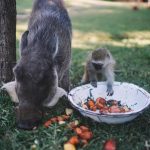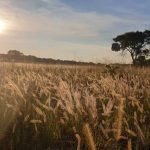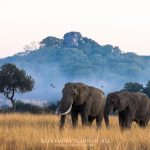Primate and African Fauna Centre
The Primate and African Fauna Centre is located in Bulawayo, Zimbabwe. Its main focus is primates (baboons, vervet monkeys and galagos) but it also cares for local fauna that need a second chance in life (antelopes, giraffes, zebras, mangooses, birds, etc.). Primarily a rehabilitation centre (animals are cared for before being released), it is also a sanctuary for some animals that cannot be released because of their conditions.
Volunteers are maximum 8 at a time, which ensures a small group in which every person plays a vital part. They worked closely alongside the team and get the chance to know every animal individually.
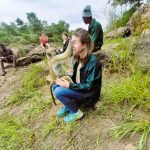
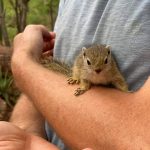
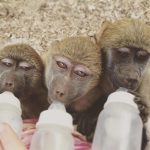
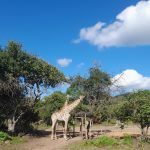
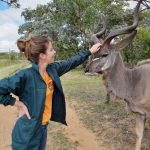
Arrival
You may arrive at the Primate and African Fauna Centre any day of the week. You need to fly in Bulawayo and a taxi will collect you there to drive you to the centre for $30.
The centre can care for many different species (mostly antelopes, zerbas, giraffes, small mammals, birds) including the world most poached animal, the pangolin on rare occasions. But its main objective is to rehabilitation primates (baboons especially but also vervet monkeys and galagos). A troup of 17 baboons was released in 2021 onto a safe location.
Volunteers play a vital part in the running of the place and every activity they take part in is highly essential.
Here is a list of activities that you may take part in during your stay (please note that this is for your information and that you may or may not take part in all the activities listed below):
- daily food prep and feeding of all the resident and rescued animals
- cleaning of the enclosures
- making enrichments
- upgrading or construction of enclosures
- buying food on local markets
- taking part in rescues or releases
- bushwalk with the orphan baboons
- bottlefeeding of the youngest
- etc.
Some activities will be part of the daily routine when others will be more rare. With animals and needs changing regularly, the volunteer experience is rich and often unpredictable!
A typical daily schedule (please note that this schedule may vary according to the season and activities undertaken.):
7h – 8h : food prep and feeding of the animals as well as health check
8h – 9h : breakfast
9h – 11h30 : bush walk with the orphan baboons
11h30 – 12h : feeding
12h – 14h : lunch (orphan sit depending on season)
14h – 16h : building toys, plateforms and playgrounds
16h-17h : feeding
18h30 : dinner
Days off
You are free during weekends so you can go on excursions if you want to or stay and rest. You can of course help the team with feeding if you’re not doing anything special.
What to do:
- visit Matopos National Park
- spend the weekend in Victoria Falls
- visit the Natural History Museum
- visit one the many open air markets
The accomodation is basic and on-site. Volunteers can share a double room with two single beds (electricity in the rooms is not garanteed) and two separate bathrooms. They can also spend some time in the communal kitchen as well as in the living room and enjoy the lovely garden.
There is also a second accomodation: a house, on-site as well, with several bedrooms and one bathroom. One of the rooms can sleep up to 4 volunteers.
There is no Wifi so it is recommended to by a local simcard upon arrival. Laundry is done three times a week and meals are prepared for the volunteers and shared at the founder’s home.
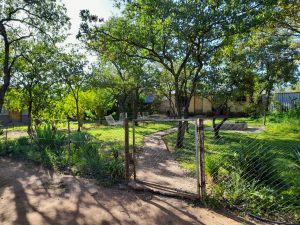
Arrivals and departures any day of the week.
Period Programme fees in dollars ($) 2024
1 semaine $840
2 semaines $1 680
3 semaines $2 520
4 semaines $3 360
A discounted rate is possible for those staying more than a month.
Are included in the Programme Fees: the registration fees, accommodation, three meals a day, your supervision and laundry.
“I spent 3 weeks at the Primate and African Fauna Centre and my time there will be one of my most treasured memories. Being able to get such a close experience with the animals all the while feeling confident of the ethical nature of the program is not easy to find and something I’m so grateful for. By far my favourite part was daily bushwalks with my quick to be 9 best friends. My experience would have not been the same without the dedicated crew that look after the animals and share such a strong bond and passion for them. I was given so much responsibility and opportunities to show value during my volunteering and I would highly recommend the program to anyone passionate about animals, ethical travel and learning about conservation.” Krystal, Australia



